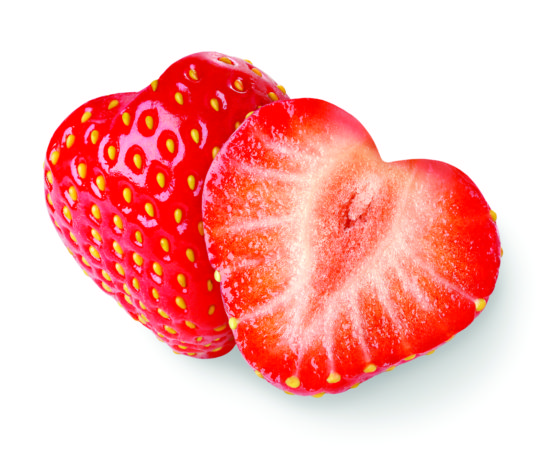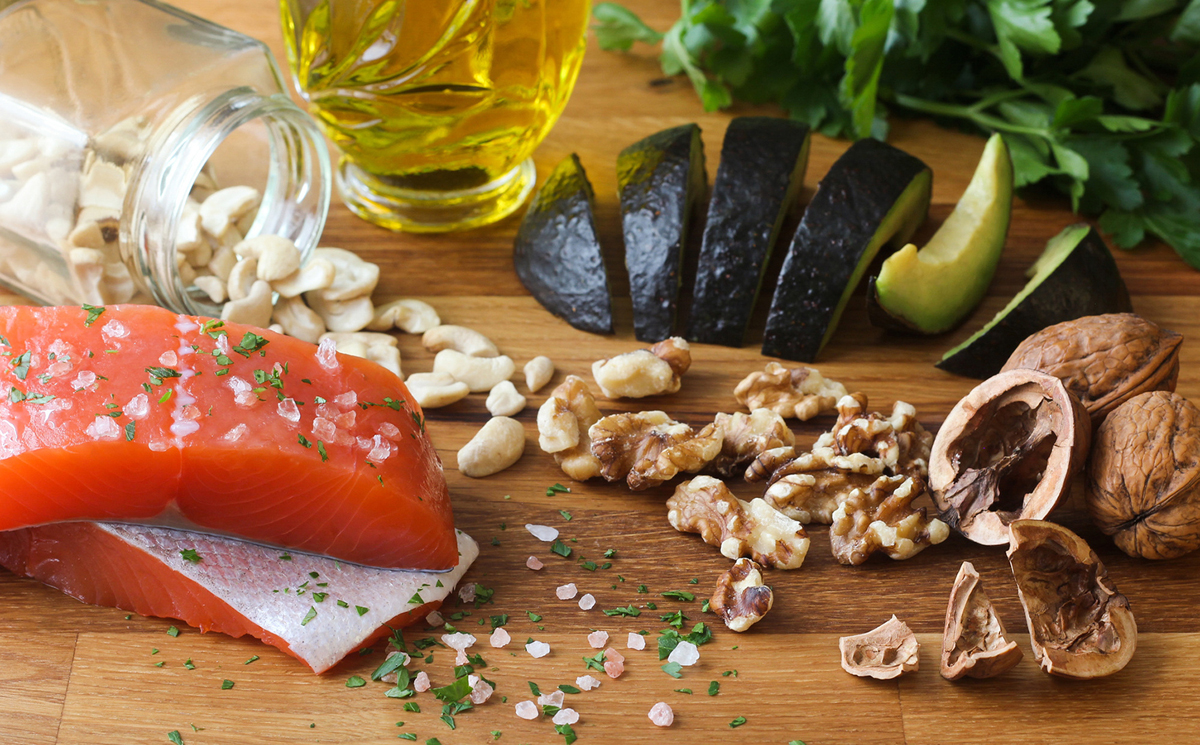Interaction between Herbs, Food and Medicine

Below given are the known interaction between herbs, foods, and prescription. One should take care while using them blind faith, yet advised to consult your herb dealer, medicine store and doctor.
Hawthorn
Hawthorn, touted as effective in reducing angina attacks by lowering blood pressure and cholesterol levels, should never be taken with Lanoxin (digoxin), the medication prescribed for most for heart ailments. The mix can lower your heart rate too much, causing blood to pool, bringing on possible heart failure.
Ginseng
Ginseng, according to research, can increase blood pressure, making it dangerous for those trying to keep their blood pressure under control. Ginseng, garlic or supplements containing ginger, when taken with the blood-thinning drug, Coumadin, can cause bleeding episodes. Coumadin is a very powerful drug that leaves little room for error, and patients taking it should never take any medication or otherwise before consulting a qualified health professional. In rare cases, ginseng may overstimulate resulting in insomnia. Consuming caffeine with ginseng increases the risk of overstimulation and gastrointestinal upset. Long tern use of ginseng may cause menstrual abnormalities and breast tenderness in some women. Ginseng is not recommended for pregnant or lactating women.
Garlic
Garlic capsules combined with diabetes medication can cause a dangerous decrease in blood sugars. Some people who are sensitive to garlic may experience heartburn and flatulence. Garlic has anti-clotting properties. You should check with your doctor if you are taking anticoagulant drugs.
Goldenseal
Goldenseal is used for coughs, stomach upsets, menstrual problems and even arthritis. However, the plant’s active ingredient will raise blood pressure, complicating treatment for those taking antihypertensive medications, especially beta-blockers. For patients taking medication to control diabetes or kidney disease, this herb can cause dangerous electrolyte imbalance. High amount of consumption can lead to gastrointestinal distress and possible nervous system effects. Not recommended for pregnant or lactating women.
Feverfew
Feverfew, believed to be the natural remedy for migraine headaches, should never be taken with Imitrex or other migraine medications. It can result in the patient’s heart rate and blood pressure to rise dangerous levels.
Guarana
Guarana, an alternative remedy being used as a stimulant and diet aid, contains 3 percent to 5 percent more caffeine than a cup of coffee. So, if you are taking any medication that advises you against taking any drink with caffeine, you should avoid taking this stimulant. It may cause insomnia, trembling, anxiety, palpitations, urinary frequency, and hyperactivity. Avoid during pregnancy and lactation period. Long term use of Guarana may lead to decreased fertility, cardiovascular disease, and several forms of cancer.
Kava
Kava, a herb that has anti-anxiety, pain relieving, muscle relaxing and anticonvulsant effects, should not be taken together with substances that also act on the central nervous system, such as alcohol, barbiturates, anti depressants, and antipsychotic drugs.
St. John’s Wort
St. John’s Wort is a popular herb used for the treatment of mild depression.
The active ingredient of St. John’s Wort is hypericin. Hypericin is believed to exert a similar influence on the brain as the monoamine oxidase (MAO) inhibitors such as the one in major antidepressants. Mixing MAO inhibitors with foods high in tyramine, an amino acid, produces one of the most dramatic and dangerous food-drug interactions. Symptoms, which can occur within minutes of ingesting such foods while taking an MAO inhibitor, include rapid rise in blood pressure, a severe headache, and perhaps collapse and even death. Foods high in tyramine include aged cheese, chicken liver, Chianti (and certain other red wines), yeast extracts, bologna (and other processed meats), dried or pickled fish, legumes, soy sauce, ale, and beer.
Some patients report that Saint Johns Wort caused excessive stimulation and sometimes dizziness, agitation and confusion when taken with other antidepressants or over-the-counter medications like Maximum Strength Dexatrim and Acutrim. It also caused their blood pressure to shoot up.
White Willow
White Willow, an herb traditionally used for fever, headache, pain, and rheumatic complaints may lead to gastrointestinal irritation, if used for a long time. It exhibits similar reactions as aspirin (aspirin is derived from white willow). Long term use may lead to stomach ulcers.
The Author:
B.Sc.(Med.), B.Ed., M.A.(Edu.), M.Litt.(Edu.), Ph.D.(Edu.Psy.)PGDCA.
Served as Science Master, Employment Department as Vocational Guidance Officer.
Retired from Employment Department, Punjab India as Dy. Director (Off.)
Serving now Arihant Computer Center and Many Medical Hospitals such as Sadbhavna Medical & Heart Institute.
Photo. Dc McCloskey








